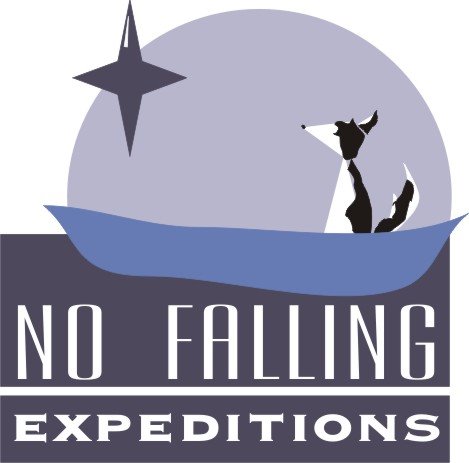Day 138: Quechua Class
Dear all... Sunday morning in Huaraz. Benjamin and I have just finished an intensive week in the departmental capital city attending full days of Quechua class, the native languange in the high mountains of Ancash. We learned that there are more than 120 dialects of Quechua in Ancash alone, and this doesn't include the dialects of Quechua spoken in the Cuzco region in southern Peru, or those dialects spoken from La Paz to Quito.
Quechua is a language based in suffixes. So, to create a sentence you simply add a series of endings to the base word, leaving you with a long and hard to understand combination of sounds that actually mean something. The alphabet consists of 17 consonants and 6 vowels. My favorite sentence thus far is:
Kuyakuynintsikraykur waytaykikunata qampaq rantimurqaa.
This translates as: Because of our love, I bought you flowers.
Benjamin realized how much it felt like high school when the room burst into uncontrollable laughter as the professor taught us how to say underwear in Quechua. Let's just say that the direct translation is: vagina or penis wrap. :) It had been 8 hours of intensive language training and all we could imagine was a little butt turban.
We find the sounds to be different and hard to understand, though the class certainly helped to increase our vocabulary. We hope that this will help us to better understand the gist of the conversations, even if it takes us a while to actually be able to speak back to anybody.
In Musho, almost everyone understands Quechua. The differences between generations are stark... The elderly of Musho speak Quechua almost exclusively and often don't understand Spanish. The 2nd generation both speak and understand Quechua and Spanish - though we find community meetings especially challenging as they tend to resort to Quechua. Children, however, speak almost exclusively Spanish. It seems that they understand their parents and grandparents, but respond in Spanish and have difficulty translating for us.
This is another interesting point about the transition from Quechua to Spanish in Musho. While Benjamin and I have spent years of our lives learning and studying languages, for the people in Musho the translation between the two languages is fluid and not academic. So when we ask people how to say, for example, where is the bath room? in Quechua.... they respond in one of three ways. 1) Ohhhh, en Quechua... : this is not helpful, but alerts us to the fact that they might not speak Spanish. 2) Yes, where is the bathroom? That means that you are asking where the bathroom is located... : also not helpful, in this case because the person doesn't understand what it means to translante one phrase into an equal phrase in another language. 3) Oh, the bathroom is over there behind that plastic sheet... : this one always makes me laugh every time.
We will have another week-long course in the end of February so we've got three weeks to practice up.
Quechua is a language based in suffixes. So, to create a sentence you simply add a series of endings to the base word, leaving you with a long and hard to understand combination of sounds that actually mean something. The alphabet consists of 17 consonants and 6 vowels. My favorite sentence thus far is:
Kuyakuynintsikraykur waytaykikunata qampaq rantimurqaa.
This translates as: Because of our love, I bought you flowers.
Benjamin realized how much it felt like high school when the room burst into uncontrollable laughter as the professor taught us how to say underwear in Quechua. Let's just say that the direct translation is: vagina or penis wrap. :) It had been 8 hours of intensive language training and all we could imagine was a little butt turban.
We find the sounds to be different and hard to understand, though the class certainly helped to increase our vocabulary. We hope that this will help us to better understand the gist of the conversations, even if it takes us a while to actually be able to speak back to anybody.
In Musho, almost everyone understands Quechua. The differences between generations are stark... The elderly of Musho speak Quechua almost exclusively and often don't understand Spanish. The 2nd generation both speak and understand Quechua and Spanish - though we find community meetings especially challenging as they tend to resort to Quechua. Children, however, speak almost exclusively Spanish. It seems that they understand their parents and grandparents, but respond in Spanish and have difficulty translating for us.
This is another interesting point about the transition from Quechua to Spanish in Musho. While Benjamin and I have spent years of our lives learning and studying languages, for the people in Musho the translation between the two languages is fluid and not academic. So when we ask people how to say, for example, where is the bath room? in Quechua.... they respond in one of three ways. 1) Ohhhh, en Quechua... : this is not helpful, but alerts us to the fact that they might not speak Spanish. 2) Yes, where is the bathroom? That means that you are asking where the bathroom is located... : also not helpful, in this case because the person doesn't understand what it means to translante one phrase into an equal phrase in another language. 3) Oh, the bathroom is over there behind that plastic sheet... : this one always makes me laugh every time.
We will have another week-long course in the end of February so we've got three weeks to practice up.


<< Home